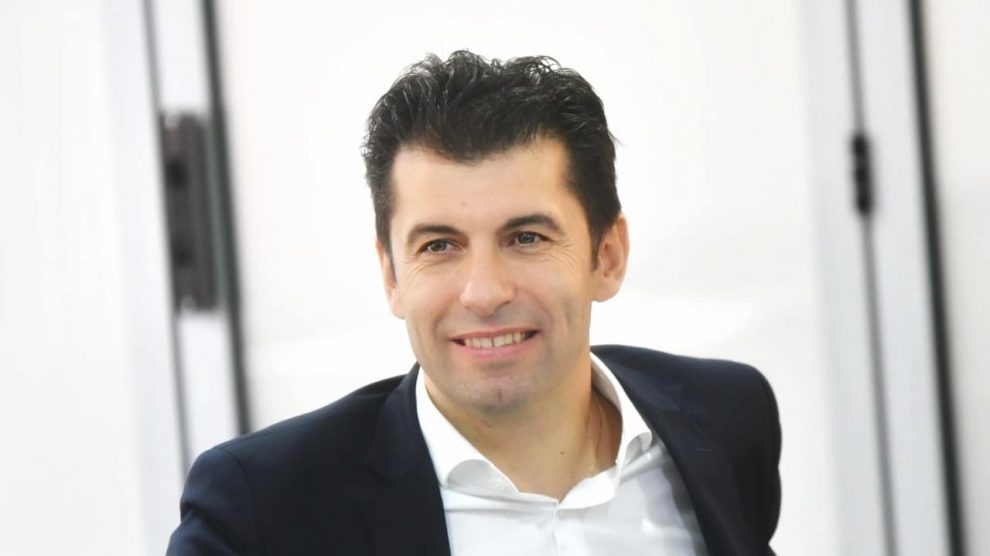A political grouping formed less than three months ago looks to have broken Bulgaria’s political deadlock.
An anti-corruption party led by two Harvard graduates has emerged victorious in Bulgaria’s latest parliamentary election, its third of the year.
- Will Bulgaria and Croatia meet their eurozone accession deadlines?
- As Bulgaria finally submits recovery plan to EU, campaigners point to ‘inadequate’ coal exit date
- Free, by Lea Ypi: A unique, insightful, and often hilarious look at Albania in transition
Founded only in September the party, Continue the Change, looks set to have taken around 26 per cent of the vote, well ahead of the former ruling party, GERB, led by Boyko Borissov, a former prime minister, on just over 22 per cent. The centrist Movement for Rights and Freedoms, which draws its support primarily from Bulgaria’s Muslim minority, came third with around 12 per cent of the vote.
Three other parties appear to have won enough votes to send MPs to parliament. The populist There is Such a People party of musician and TV star, Slavi Trifonov, named after one of Trifonov’s albums, saw a big drop in support as voters defected to Continue the Change, from 24.1 per cent in July’s election to just under 11 per cent. It is still likely to be the fourth largest party however, ahead of the Socialists on 10 per cent and Democratic Bulgaria – which also saw supporters switch to Continue the Change – on around six per cent.
It remains uncertain if the populist Vazrazhdane party, which has taken a tough stance against vaccination and Covid-19 restrictions, will make it over the five per cent threshold to enter parliament.
‘The electorate has done its job’
Continue the Change’s co-leader, Kiril Petkov (pictured above), a Harvard graduate and entrepreneur who served as finance minister in one of Bulgaria’s caretaker government’s this year, said shortly after the first results began to filter through that he was confident of being able to form a government, breaking the political deadlock that has left Bulgaria without a permanent administration for much of the year.
“We are ready to work with Democratic Bulgaria and any other party committed to judicial reform and the fight against corruption,” he told supporters. He ruled out any co-operation with GERB or the Movement for Rights and Freedoms, however.
The party’s other co-leader, Assen Vassilev, also a Harvard graduate and another minister in the caretaker cabinet, said that Bulgaria was now unlikely to need yet another election.
“The electorate has done its job: now it’s up to us to form a government,” he said.
Bulgarians also voted on November 14 in a presidential election, with Socialist-backed incumbent Rumen Radev comfortably beating his rivals. However, Radev’s share of the vote – just under 50 per cent – means that a run-off election will be held on November 28, in which he will face Anastas Gerdzhikov, backed by GERB.
Photo: Continue the Change official Facebook page.
Unlike many news and information platforms, Emerging Europe is free to read, and always will be. There is no paywall here. We are independent, not affiliated with nor representing any political party or business organisation. We want the very best for emerging Europe, nothing more, nothing less. Your support will help us continue to spread the word about this amazing region.
You can contribute here. Thank you.



